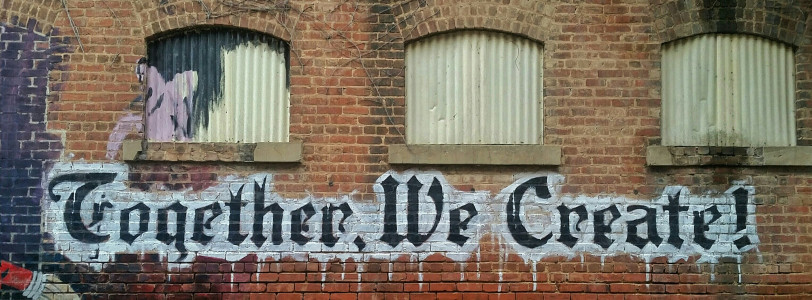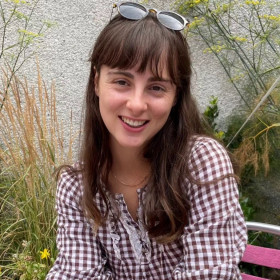In our new series, Community Power, Voice is refocusing attention on the unique ability of creative communities to gather people together. The UK arts scene is too often dominated by famous institutions, London galleries and a select few individuals.
Community Power is turning this conception of British art upside down by underscoring the power of grassroots communities to affect local change, explore regional identities and foster togetherness.
Voice will spotlight organisations whose community practice lies at the heart of their work. We will be spotlighting a variety of organisations throughout the country, from rural residencies to city-based studios.
A short history of community art in the UK
Although various artistic collectives have risen and fallen, such as the 19th century Pre-Raphaelite Brotherhood, community art did not become fully rooted until the 1970s. It was characterised by groups of artists resisting established creative norms, such as the ability of famous institutions to determine aesthetic merit.
Community arts also rejected the commodification of art and individual arts practice, favouring collaboration and collectives. The aim was to better the whole community through creative practice and the dissemination of social messages, rather than achieve individual advancement. Art making on a community level was linked to local participation. It offered a space for local and regional identities to be developed and contested.
For example, 7:84 was a Scottish theatre group, whose work focussed on community outreach projects. John McGrath, one of its founders, explained the communal nature of theatre: “It is a public event, and it is about matters of public concern…The theatre is by its nature a political forum, or a politicising medium, rather than a place to experience a rarefied artistic sensibility in an aesthetic void.”
Undoubtedly, community arts and its later title of participatory arts, was inextricably bound up in left-wing politics. Artists utilised creative expression and performance in particular to contest the conservative status quo.
What does this mean today?
Today, communities brought together through creative expression entail a radical departure from art world norms. What matters is not so much the merit of the end product, but the collaborative process that enabled it.
The politicisation of community art is something that some groups adopt while others eschew. Creative communities are not necessarily aligned with the left-wing politics that characterised the movement in the late 20th century. Instead, local participation and community pride seems to be a primary goal of contemporary community arts organisations.
Join us in celebrating community power
Over the next six weeks, learn more about the power of community arts in the UK by following our series. We’ll be speaking to charities who bring together refugees into a creative space, residencies whose work is pinned around a local area and arts organisations who strive to promote positive change in their city.
Here are two ways you can contribute to Community Power:
Post a blog to Voice sharing your experience of creative communities. How have they shaped your creative journey? How did you get involved?
Email Voice and tell us about a creative community that you think we should highlight.









0 Comments